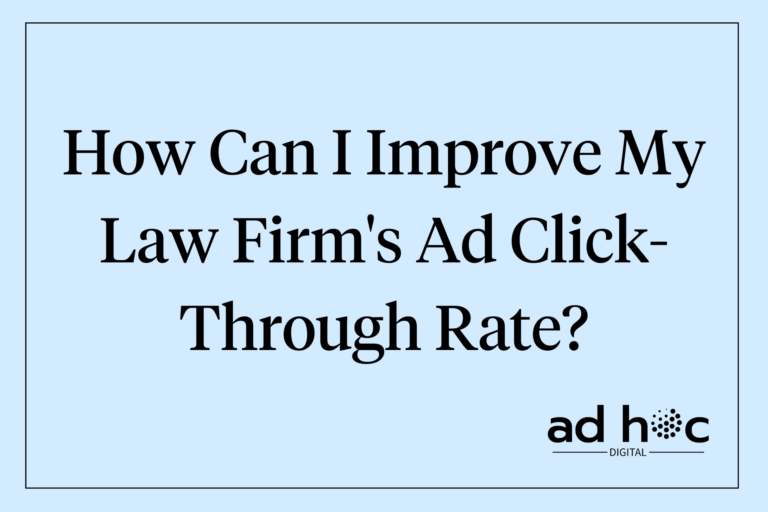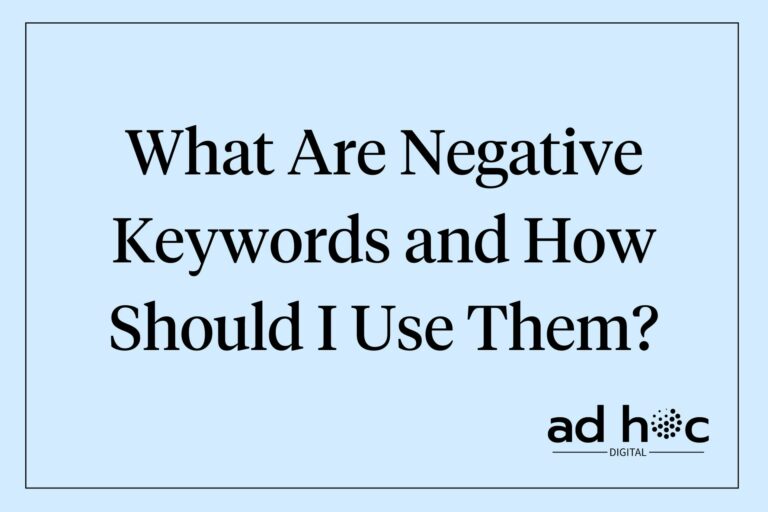Compliance with legal advertising rules is crucial for law firms using Google Ads or any advertising platform. These rules are designed to protect consumers from misleading information and to ensure that legal services are advertised ethically. This article will cover the key areas of compliance, how to create compliant ad content, and the tools and resources available to help you maintain compliance.
Understanding Legal Advertising Rules
Definition of Legal Advertising Rules
Legal advertising rules are guidelines and regulations set by regulatory bodies to ensure that legal services are advertised truthfully and ethically. These rules vary by jurisdiction and are enforced by state bar associations and federal agencies such as the Federal Trade Commission (FTC).
Regulatory Bodies
- State Bar Associations: Each state has its own bar association that sets rules and guidelines for legal advertising.
- Federal Trade Commission (FTC): The FTC enforces federal laws that prohibit deceptive and unfair advertising.
For more information on the regulatory bodies and their guidelines, visit legal compliance for Google Ads lawyers.
Key Areas of Compliance
Truthfulness and Honesty
Ensure that all claims made in your ads are truthful and not misleading. Avoid exaggerations and ensure that you can substantiate any claims about your services. This builds trust with your audience and complies with advertising laws and ethical standards. For example, if you claim that your law firm has won a specific number of cases, be prepared to provide evidence for this claim if asked. Misleading advertisements can lead to legal consequences and damage your firm’s reputation.
We see litigation firms advertise their win rate, or total recovered amount very frequently, so make sure you can back up the claim.
Confidentiality and Privacy
Protect client information by adhering to privacy laws and regulations. Ensure that your ads do not disclose any confidential information. Maintaining client confidentiality is crucial to uphold your professional reputation and legal obligations. For instance, when using client testimonials, ensure that no personal details are shared without explicit consent. Always anonymize case details unless you have permission to disclose them.
- Compliance with laws such as GDPR or HIPAA (for health-related cases) is essential to avoid legal penalties.
Solicitation Rules
Understand the rules around solicitation to avoid improper solicitation of clients. This includes not contacting potential clients who have not expressed interest in your services. Respecting solicitation rules helps avoid ethical breaches and potential legal issues. For example, sending unsolicited emails or messages to potential clients can be seen as intrusive and unethical. Instead, focus on attracting clients through permitted channels such as content marketing, SEO, and PPC ads that target users who have shown interest in your services.
Claims and Testimonials
Use client testimonials ethically and ensure that they are truthful and not misleading. Avoid making guarantees or promises about the outcomes of cases. Ethical use of testimonials enhances credibility while complying with legal standards. For example, a testimonial that says “This firm helped me achieve a positive outcome in my case” is acceptable, whereas “This firm guarantees you will win your case” is not, as it can be misleading and create unrealistic expectations.
Disclaimers and Disclosures
Include disclaimers and disclosures when necessary to provide context to your ads. This can help clarify any potential misunderstandings and ensure transparency. Proper disclaimers protect against misleading information and maintain transparency with your audience. For example, if you advertise a “free consultation,” include a disclaimer stating any conditions that apply, such as “Free consultation available for first-time clients only.” This helps set clear expectations and avoids any potential claims of false advertising.
For tips on writing effective and compliant ad copy, visit our article on effective Google Ads copy for lawyers.
Setting Up and Managing Compliant Campaigns
Geotargeting
Use geotargeting to ensure that your ads comply with local advertising rules. This can help you avoid displaying ads in jurisdictions where you are not licensed to practice. For example, if your law firm is only licensed to practice in California, use geotargeting to show your ads only to users in California. This not only helps you stay compliant with local regulations but also ensures your ads reach a relevant audience, improving their effectiveness.
Keyword Selection
Avoid using misleading keywords that could misrepresent your services. Choose keywords that accurately reflect your practice areas and expertise. For instance, if you specialize in family law, use specific keywords like “divorce lawyer” or “child custody attorney” instead of broader terms like “legal help” which might attract irrelevant traffic. Using precise and accurate keywords helps attract the right clients and maintains transparency about your services.
Ad Extensions and Formats
Use ad extensions and formats that comply with legal advertising rules. This includes ensuring that any additional information provided is accurate and relevant. For example, if you use call extensions, make sure the phone number is correct and leads directly to your law firm. Similarly, site link extensions should point to relevant and compliant pages on your website. Proper use of ad extensions can enhance your ads’ visibility and credibility, but they must always adhere to advertising standards.
Landing Pages
Ensure that the landing pages linked from your ads are compliant with legal advertising rules. The content on these pages should be accurate, honest, and transparent. For example, if your ad promises a “free consultation,” the landing page should clearly explain the terms and conditions of this offer. Avoid making exaggerated claims or providing misleading information. A compliant landing page maintains user trust and adheres to legal advertising standards, which is crucial for maintaining your firm’s reputation.
Monitoring and Reviewing Ads
Regular Audits
Conduct regular audits of your ad campaigns to ensure compliance. This includes reviewing ad copy, keywords, and landing pages for any potential issues.
Keeping Updated with Rules
Stay informed about changes in legal advertising regulations. This can help you ensure that your ads remain compliant with the latest guidelines.
Responding to Complaints
Have a process in place for responding to any complaints about your ads. This includes addressing the issue promptly and making any necessary corrections.
For tips on tracking and optimizing your campaigns, visit tracking Google Ads performance for lawyers.
Tools and Resources for Compliance
Compliance Checklists
Use compliance checklists to ensure that all aspects of your ads meet legal standards. This can help you systematically review your campaigns for any potential issues.
Legal Consultation
Seek advice from legal professionals specializing in advertising compliance. They can provide guidance on ensuring that your ads adhere to all relevant regulations.
Compliance Tools
Utilize tools and software that help monitor and enforce compliance. These tools can automate the process of checking your ads against legal standards.
Conclusion
Ensuring that your Google Ads comply with legal advertising rules is essential for maintaining your law firm’s reputation and avoiding legal issues. By understanding the rules, creating compliant ad content, and regularly monitoring your campaigns, you can run effective and ethical Google Ads campaigns.
If you enjoyed this content, consider subscribing to our newsletter for weekly updates on valuable resources. Fill out the form below to learn more about our offerings—we’ll contact you promptly.



